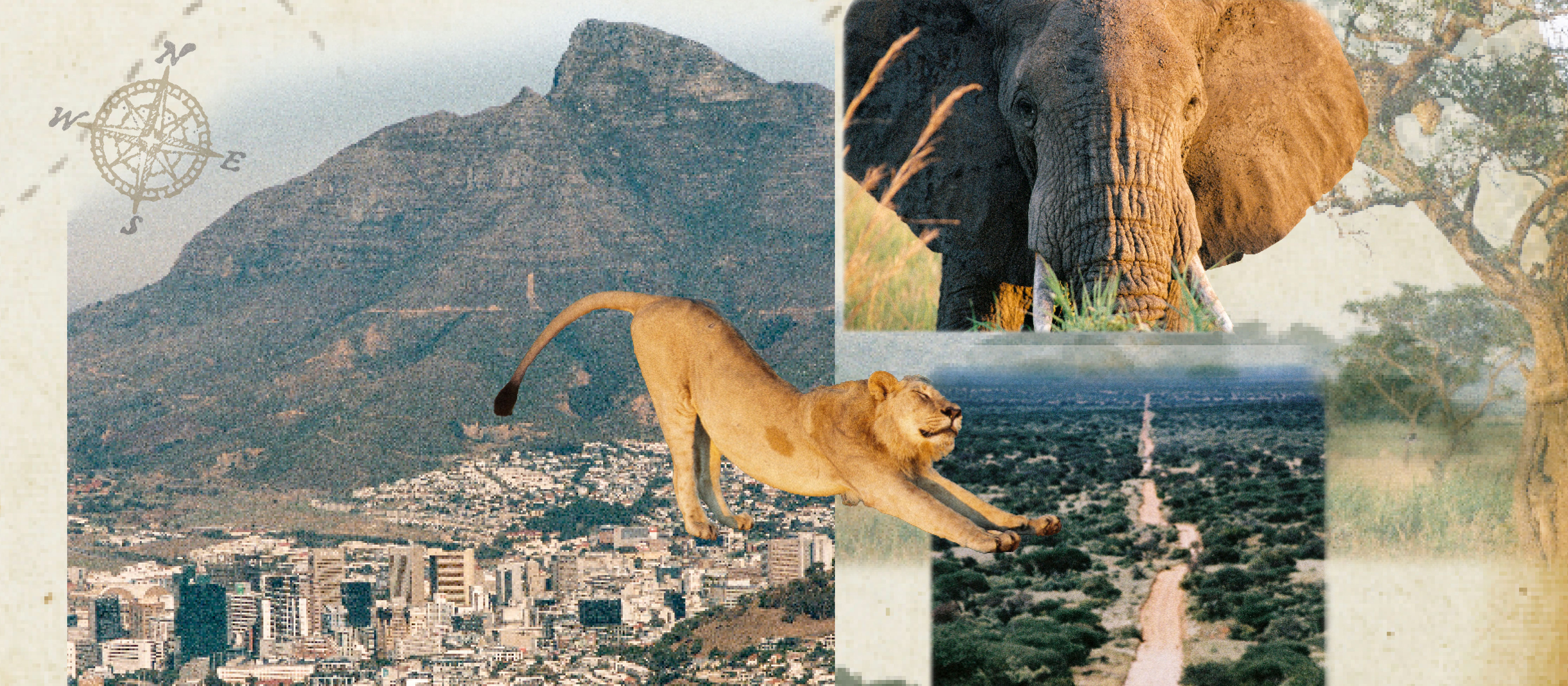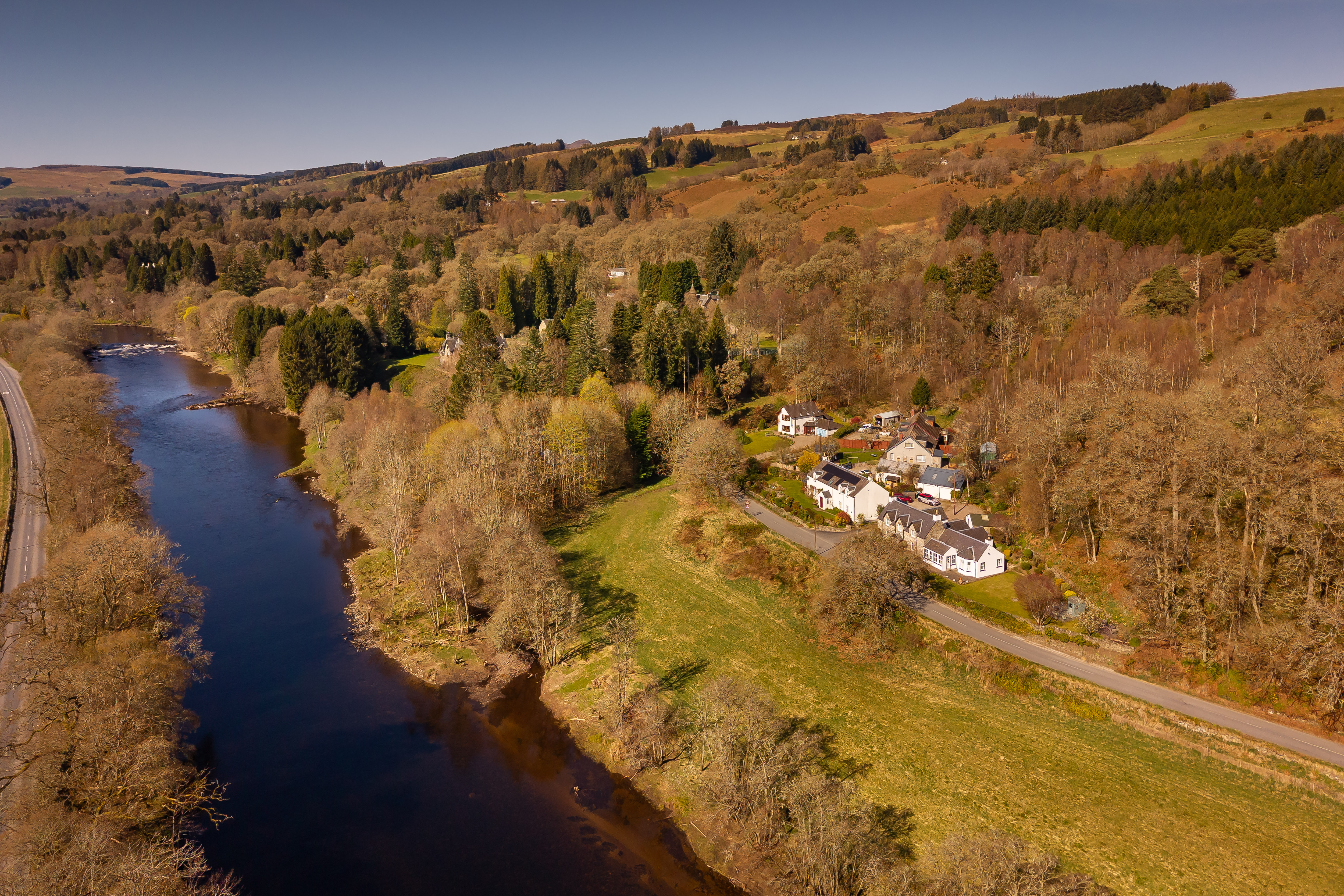Carla Carlisle on The Queen
Carla reflects on the American fascination with the idea of monarchy, and looks forward to celebrating another Jubilee next weekend at her home in Suffolk


For years, I've quoted the line from the dark comedy Harold and Maude when the octogenarian Maude tells her young friend Harold: ‘I don't believe in monarchy, but I miss the kings and queens.' I've repeated this sentiment 1,000 times, but last night, in an idle Google, I discovered that's not what Maude said. Harold asks ‘What were you fighting for?' and she replies: ‘Oh, big issues: Liberty. Rights. Justice. Kings died, kingdoms fell. I don't regret the kingdoms-what sense in borders and nations and patriotism? But I miss the kings.'
It's hard to let go of my version. For a start, free-born Americans don't believe in monarchy. Every morning of our school days, hand over heart, we pledge allegiance to the flag ‘and to the republic for which it stands'. We eat hot dogs on the Fourth of July, and we know by heart Longfellow's Paul Revere's Ride as far down as ‘One if by land, two if by sea', a poem that reminds us we owe our happy lives to our forefathers who won the War of Independence, forever freeing us from rule by genealogy and establishing a republic where the whims of political mood prevail.
And yet, we were fascinated by the young Queen and her handsome husband. Not that we knew much about her. My sister had Queen Elizabeth paper dolls that included her wedding dress and her Coronation gown that I wasn't allow to touch, and my knowledge, via Life magazine, was confusing: here was someone as young and pretty as Elizabeth Taylor, but who dressed like our great-aunts. Even The Queen's beautiful evening dresses looked dowdy next to Jacqueline Kennedy's. We were taught that The Queen was a ‘figurehead', who reigned but did not rule, an elusive concept that lodged in my mind as a foggy curiosity.
And then, by chance, I spent the summer of 1977 in London. Like Maude, I'd come of age when the battles for Liberty and Justice were still being fought, a decade in which two Kennedys and Martin Luther King were slain, the era of Civil Rights struggles, the war in Vietnam, Watergate, a turbulent era that made a dynasty based on hereditary principle seem operatic and slightly absurd. But the summer of the Silver Jubilee was a time of amazement. I felt like a visitor in a land of civilised contentment.
The deep divisions of class, an element of English life that Americans find alien and insidious, seemed to have lifted. The intricate tapestry of monarchy was still hanging in the background of everyday life-The Queen on every coin and stamp, the British Government acting ‘On Her Majesty's Service', Parliament sitting at The Queen's pleasure-but it was the amiable goodness and fun of the street parties, some 4,000 in London alone, another 12,000 in towns and villages around the country, that I found so moving. The celebrations felt like a happy and glorious tribute to the woman who'd vowed her life to her country 25 years earlier and stuck to it.
And now, 35 years later, the Diamond Jubilee celebrations are almost in place. At Wyken, we've got a ukelele band, a tractor show, a special vintage of our wine called Royal Pink, family photographs of the Coronation. On the balcony in the barn that housed a seed dresser in the 1950s, a life-size cutout of The Queen will gaze at her subjects below as they eat free-range Coronation chicken. We never got round to taking down the blue wooden panels with ‘God Save the Queen' painted in gold leaf made for the Golden Jubilee, so they're still in place.
It's easy to take The Queen for granted. For most of us, the world's longest-serving leader has always been there, a monument in bright colours. We forget that she is an intelligent, supple and savvy woman whose unique brand of stardust is dignity. The Jubilee celebration is a rare chance for a nation to say thank you. Because, believe me, when this Elizabethan age ends, we will all miss The Queen.
Sign up for the Country Life Newsletter
Exquisite houses, the beauty of Nature, and how to get the most from your life, straight to your inbox.
to Country Life and save £1 per week
Country Life is unlike any other magazine: the only glossy weekly on the newsstand and the only magazine that has been guest-edited by HRH The King not once, but twice. It is a celebration of modern rural life and all its diverse joys and pleasures — that was first published in Queen Victoria's Diamond Jubilee year. Our eclectic mixture of witty and informative content — from the most up-to-date property news and commentary and a coveted glimpse inside some of the UK's best houses and gardens, to gardening, the arts and interior design, written by experts in their field — still cannot be found in print or online, anywhere else.
-
 Vertigo at Victoria Falls, a sunset surrounded by lions and swimming in the Nile: A journey from Cape Town to Cairo
Vertigo at Victoria Falls, a sunset surrounded by lions and swimming in the Nile: A journey from Cape Town to CairoWhy do we travel and who inspires us to do so? Chris Wallace went in search of answers on his own epic journey the length of Africa.
By Christopher Wallace
-
 A gorgeous Scottish cottage with contemporary interiors on the bonny banks of the River Tay
A gorgeous Scottish cottage with contemporary interiors on the bonny banks of the River TayCarnliath on the edge of Strathtay is a delightful family home set in sensational scenery.
By James Fisher